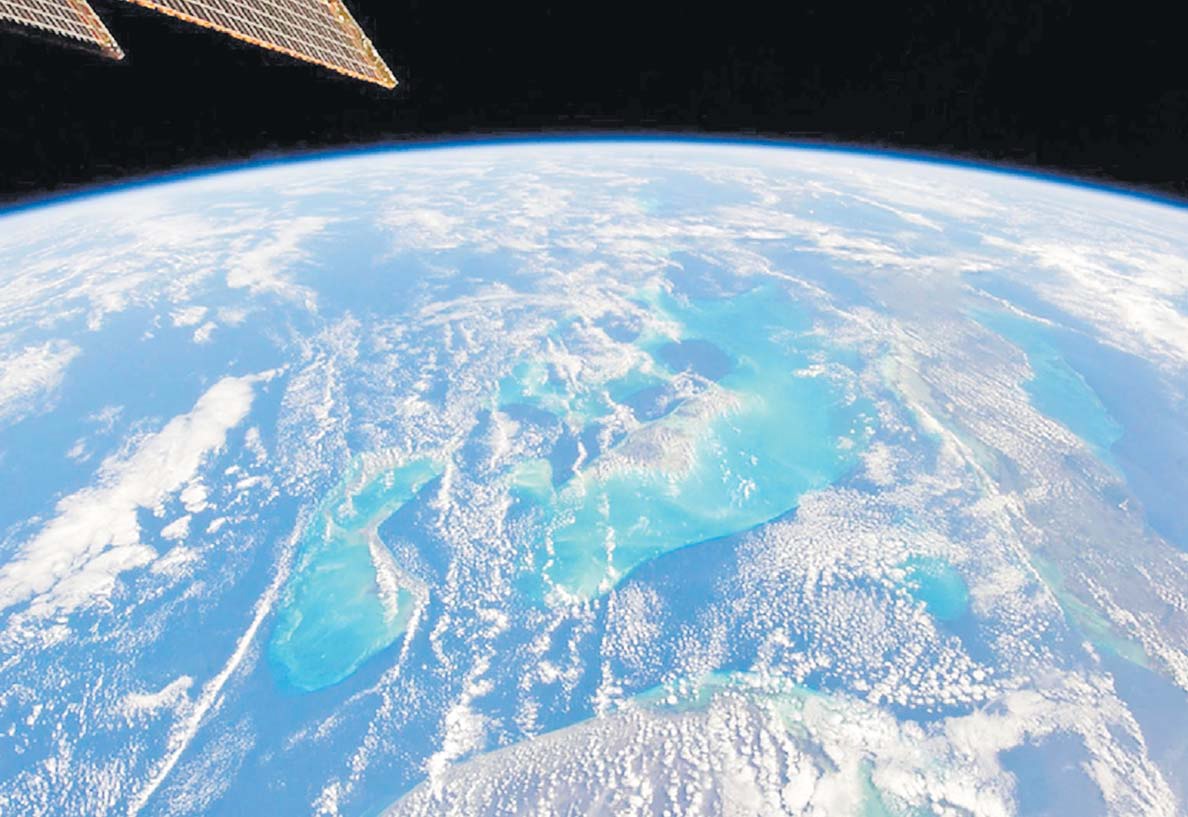Fiji intends to completely phase-out hydrochlorofluorocarbons (HCFCs) by 2030, as was stressed in World Ozone Day.
“Ozone is Life: 35 years of ozone protection reflects on the international co-operation protecting the ozone layer” (FT, 16/09/2020).
It requires mass contribution to achieve this objective in order to protect our environment.
Pacific Islands are facing the legacy of nuclear test conducted by US, Britain and France, that had negative ramifications on the Pacific environment.
Therefore, in the modern world, Fiji has been the frontrunner to take bold steps in the battle against nuclear weapons (Griffen and Mangioni, theguardian.com).
Additionally, Fiji has stood to protect the climate and environmental changes, with a hope that other developed nations also support this cause.
This article highlights the theme of necessity to safeguard the planet through protection ozone layer.
Threat of ozone hole
Chemicals such as halocarbons have an adverse effect on the ozone layer as it contains bromine that has higher ozone-depleting potential.
Man-made families of chemicals usually known as halons, chlorofluorocarbons and hydrochlorofluorocarbons (HCFCs) have a higher damaging impact on depleting the ozone layer.
This human-made crisis has led the international community to take initiatives to protect this lifeline layer that was formalised in Vienna Convention for the Protection of Ozone Layer on March 22, 1985, that led to the drafting of Montreal Protocol in September 1987.
Its objective is to protect the ozone layer by “taking measures to control total global production and consumption of substances that deplete it, with the ultimate objective of their elimination on the basis of developments in scientific knowledge and technological information” (UN.org).
World Ozone Day is celebrated since 1994 as it was designated September 16 by UN General Assembly for the Preservation of the Ozone Layer.
The Montreal Protocol is aimed towards phasing out of 99 per cent of ozone-depleting chemicals and strive towards achieving pre-1980 value of ozone life around 2050.
In the similar vein, Inger Anderson, executive director of UNEP, stated that Kigali Amendment was laid down in 2019 that worked towards “reducing hydrofluorocarbon (HFCs), greenhouse gases with powerful climate-warming potential and damaging to the environment” and World Ozone Day shows that “collective decisions and action, guided by science, are the only way to solve major global crises”.
The slogan of World Ozone Day 2020 is “Ozone for Life”.
In simple terms the ozone layer acts as a shield against solar radiation. The hole in the ozone layer has raised alarm as this allows a large amount of ultraviolet light to come through.
The hole is on the Arctic and the Antarctic poles. UV rays emitted by the sun has the potential to cause skin cancer, cataract and impaired immune systems. These rays also negatively affect the terrestrial and aquatic ecosystem as it alters growth, food chain and biochemical cycles, and plant growth.
The hole has emerged because of the natural fluctuations of ozone and human contribution of emitting gases that has become a threat to our environment and health.
Therefore, it becomes imperative to curb solar radiation by adopting simple means in our daily lives.
Protecting ozone layer
The first principle is to avoid the consumption of dangerous gases to the ozone layer like CFCs (chlorofluorocarbons), halogenated hydrocarbon, methyl bromide and nitrous oxide.
The masses can minimise the use of cars as they release carbon monoxide and nitrogen oxides.
Thus, it is recommendable to use public transport that saves money and pollute less.
Using personal cars can be avoided while communicating short distance by walking or cycling.
Wherever possible one should try to consume local products that are not only fresh, but also ease out pollution created by the medium of transport used to carry these products from long-distances.
Stop usage of cleaning products that are dangerous to the environment, and replace with the products that are non-toxic like vinegar.
Proper maintenance of the air-conditioners and refrigeration appliances is needed to avoid the gases emitted during malfunctions that pollute the atmosphere.
These malfunctions increase chances of CFC gas to be released into the atmosphere. It is also suggested to purchase refrigeration and air-conditioning products that do not contain ozone-depleting substances.
It is firmly recommendable to avoid using cosmetics, hair sprays and room fresheners products that contain CFCs.
In the agriculture sector, the production of some chemical fertilisers produces several greenhouse gases.
It is better to use organic rather than fertilisers.
The celebration of World Ozone Day requires us to spread the message to the broadest audience about the safeguarding the ozone layer.
Spreading of awareness about the threat of the depleting ozone layer and its negative ramifications is essential.
It has to be a collective effort to make a difference in order to protect the ozone layer.
Persisted challenge
The recovery of the ozone layer is a challenge that persists.
Once ozone-depleting substances are released, it stays in the atmosphere for several years and continues to cause damages.
Thus, continuous efforts are required from humans to improve their past deeds by adopting climate-friendly means to safeguard the planet for future generations.
The Fiji Government is thriving to spread awareness of World Ozone Day, but the message needs to reach the ground level to make subtle changes for the betterment of our earth.
- Dr Sakul Kundra is an assistant professor in history at Fiji National University. The views expressed are his own and not of this newspaper or his employer. For comments or suggestions, email. dr.sakulkundra@gmail.com



